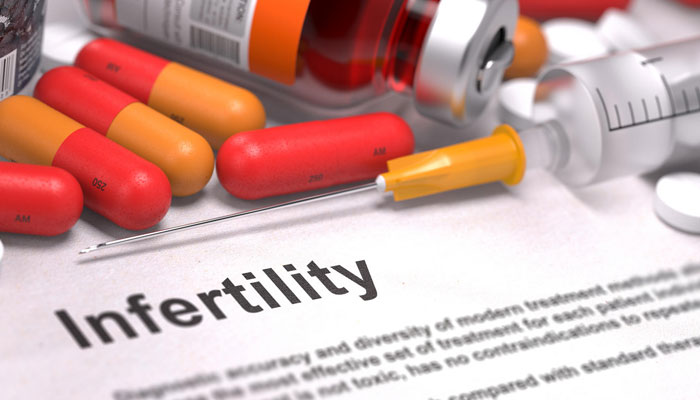TRENDING TAGS :
Drug may protect women's fertility after cancer treatments
New York: An existing drug may one day protect premenopausal women from infertility that commonly follows cancer treatments, new research has found.
Women who are treated for cancer with radiation or certain chemotherapy drugs are commonly rendered sterile.
Women are born with a lifetime reserve of oocytes, or immature eggs, but those oocytes are among the most sensitive cells in the body and may be wiped out by such cancer treatments.
ALSO READ: Anti-inflammatory drug may reduce risk of lung cancer
The new findings, published in the journal Genetics, raises hope of curbing infertility from cancer treatment.
The study builds on his 2014 research that identified a so-called checkpoint protein (CHK2) that becomes activated when oocytes are damaged by radiation.
Checkpoint protein functions in a pathway that eliminates oocytes with DNA damage, a natural function to protect against giving birth to offspring bearing new mutations.
When the researchers irradiated mice lacking the CHK2 gene, the oocytes survived, eventually repaired the DNA damage, and the mice gave birth to healthy pups.
ALSO READ: Decoded: Why is yawning so contagious?
The new study explored whether the checkpoint 2 pathway could be chemically inhibited.
"It turns out there were pre-existing CHK2 inhibitor drugs that were developed, ironically enough, for cancer treatment, but they turned out not to be very useful for treating cancer," said study senior author John Schimenti, Professor at Cornell University in New York.
"By giving mice the inhibitor drug, a small molecule, it essentially mimicked the knockout of the checkpoint gene," first author Vera Rinaldi, a graduate student in Schimenti lab, said.
ALSO READ: Domestic violence ups death risk in Indian women: Study
By inhibiting the checkpoint pathway, the oocytes were not killed by radiation and remained fertile, enabling birth of normal pups, the study said.
"While humans and mice have different physiologies, and there is much work to be done to determine safe and effective dosages for people, it is clear that we have the proof of principle for this approach," Schimenti said.
IANS



